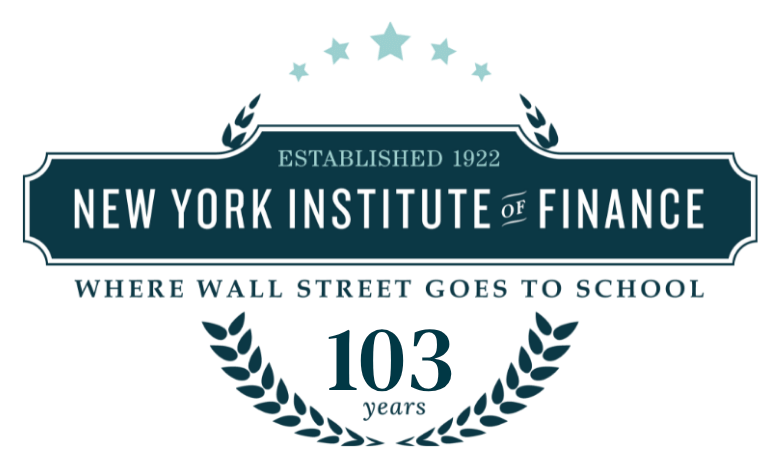Shell revives plans to sell European LPG business
By Anne-Sylvaine Chassany and Anjli Raval. This article originally appeared on the Financial Times website, FT.com on September 12th, 2014
Royal Dutch Shell has revived plans to dispose of its European liquefied petroleum gas business four years after a second failed attempt to sell the assets.
The Anglo-Dutch group has appointed Credit Suisse to advise on an auction, four people with knowledge of the decision said. The assets could be valued at as much as €1bn, including debt, and are expected to attract bids from private equity groups as well as trade buyers, they said.
Shell sought to offload the unit, the bulk of which consists of French company Butagaz, in 2004 but pulled the sale because offers fell short of its asking price. in 2010 a disposal plan coincided with a deepening of the eurozone’s sovereign debt crisis.
The decision to start a new process highlights an improving dealmaking environment in Europe as the region’s economy shows signs of healing, helping narrow the gap between buyers and sellers’ price expectations.
Royal Dutch Shell declined to comment.
Under the key dictum of “fix or divest”, Shell chief executive Ben van Beurden who started in his role at the start of this year, outlined a strategy that aims to improve returns through pruning Shell’s portfolio of assets.
Although Shell’s liquefied petroleum gas division in Europe has been on the chopping block for some time, the move coincides with the group’s $15bn divestment programme for the next two years.
“This asset is part of Shell’s downstream business, where returns are well below what Ben van Beurden wants to achieve,” said Iain Reid, analyst at BMO Capital Markets. “The sale is obviously a part of the broader strategy to get rid of marginal value businesses.”
Shell has sold poor performing US shale assets and North Sea oilfields as well as Nigerian assets that have been hit by rampant sabotage and oil theft. The company has underperformed the European oil and gas sector more broadly in the last year, leading to a string of disappointing quarterly results and concerns about how it allocates capital.
Shell’s downstream business which includes its refineries, chemical plants, retail sites and trading arm generated earnings of $2.9bn in the first half of 2014, compared to $10.4bn in its upstream – or oil exploration and production – business.
John Abbot, head of the downstream business, said earlier this week he had embarked upon a “multiyear strategy” to improve financial performance, capital discipline and project delivery. “There are issues with the business that we need to address. It is not going to be fixed overnight,” he said.
Buyout groups that had submitted bids for the unit in 2010 included Paris-based PAI Partners, London-based CVC Capital, Ardian, US-based First Reserve and Advent International.
About New York Institute of Finance
With a history dating back more than 90 years, the New York Institute of Finance is a global leader in training for the financial services and related industries with course topics covering investment banking, securities, retirement income planning, insurance, mutual funds, financial planning, finance and accounting, and lending. The New York Institute of Finance has a faculty of industry leaders and offers a range of program delivery options including self-study, online and in classroom.
For more information on the New York Institute of Finance, visit the homepage or view in-person and online finance courses below:
